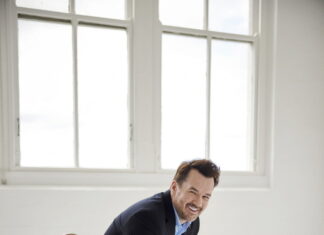Australia’s rural doctors are fed up — and they’re calling for urgent action to fix crumbling hospital facilities, outdated equipment and dangerous staff shortages that are putting country communities at risk.
The latest Australian Medical Association (AMA) 2025 Rural Health Issues Survey paints a grim picture of life on the healthcare frontlines outside the big cities, where doctors are working overtime just to keep the doors open.
According to the survey, a staggering 90 per cent of rural doctors say better funding and more resources — to boost staffing levels and upgrade facilities — is their number one priority.
It’s hardly a new problem either; this has been the top concern every time the AMA has run the survey since 2016.
AMA president Dr Danielle McMullen said it was yet another reminder that governments — no matter who’s in power — have failed to properly invest in rural healthcare.
“Rural and remote communities suffer worse health outcomes than those living in major cities — and this is due to the historic underinvestment and a lack of attention given to these issues,” Dr McMullen said.
“Our latest survey reflects the long-held concerns of rural doctors about the lack of staffing in our rural hospitals and inadequate facilities. It is high time our governments stop placing rural and remote Australia in the too hard basket.”
The AMA’s new report calls for big changes, including the creation of an independent national health workforce planning agency to tackle shortages head-on.
There are signs the major political parties are finally listening.
During the election campaign, both sides promised to boost GP and rural generalist training spots, and the Coalition recently pledged an extra $100 million towards a rural, regional and remote health strategy.
Dr McMullen welcomed the commitments but stressed the promises needed to turn into real change on the ground.
“It is pleasing to see rural healthcare feature in this election campaign, and we will ensure these issues don’t ever fall off the radar of the major parties,” she said.
Despite the challenges, there’s still plenty of passion among rural doctors.
One heartening finding from the survey was the deep pride and satisfaction many doctors feel from caring for generations of families and being an integral part of tight-knit country communities.
The survey also found doctors believe rural communities must have a greater say in shaping health policies, with 89.5 per cent rating this as a top priority. Improving access to specialist outreach services that work alongside local teams was also high on the list.
For now, though, the message from the bush is clear: the time for talk is over.








